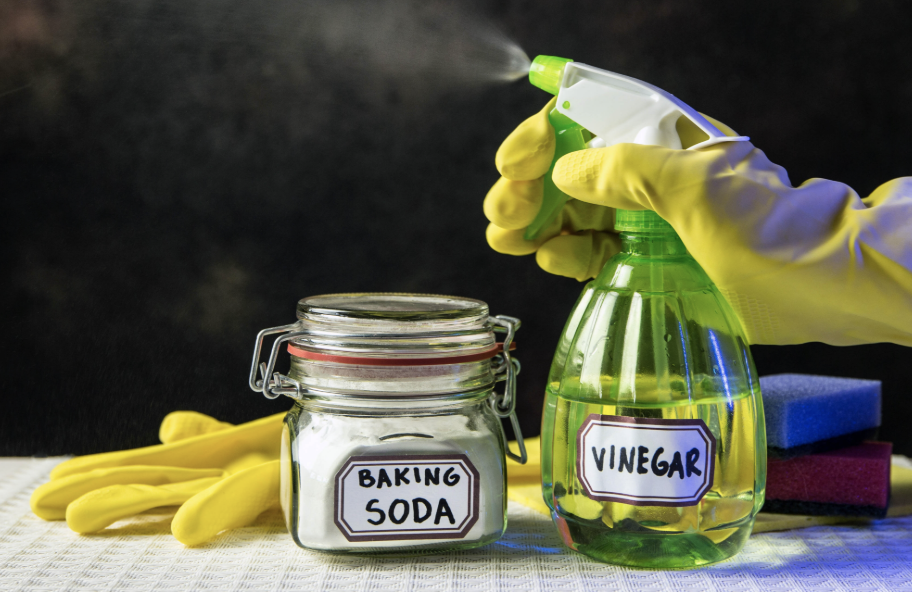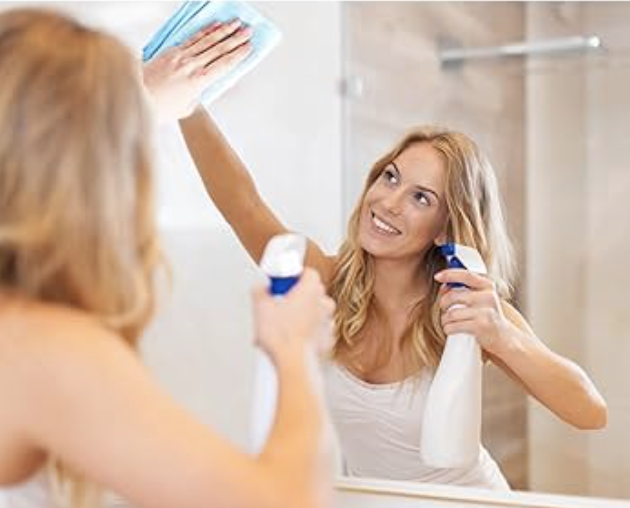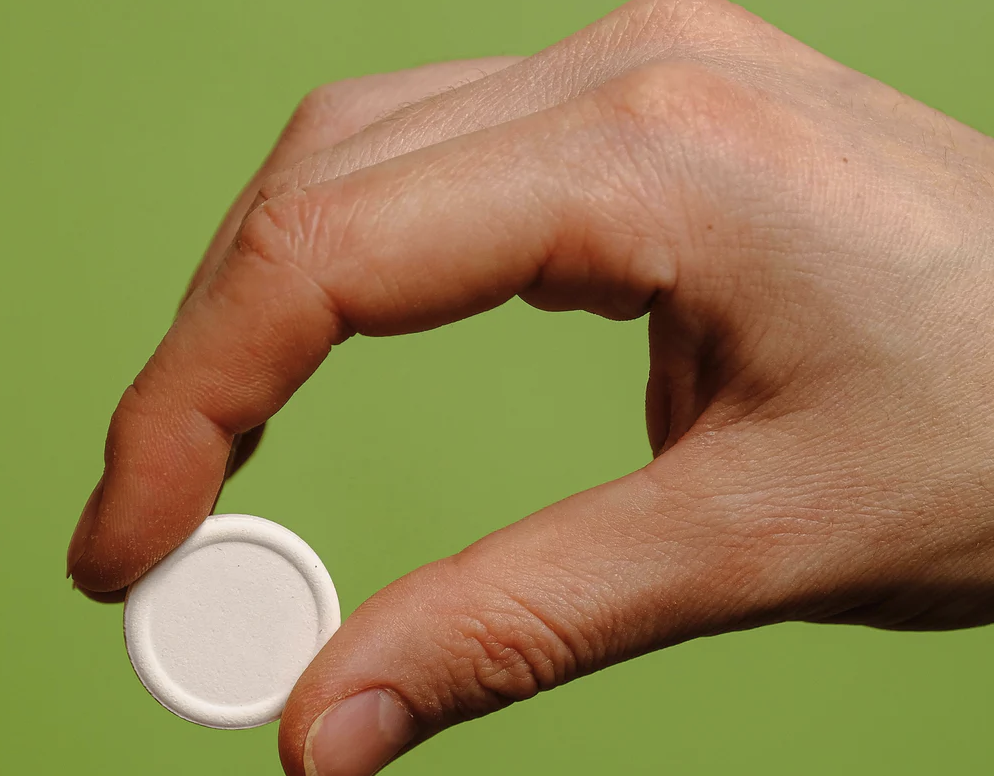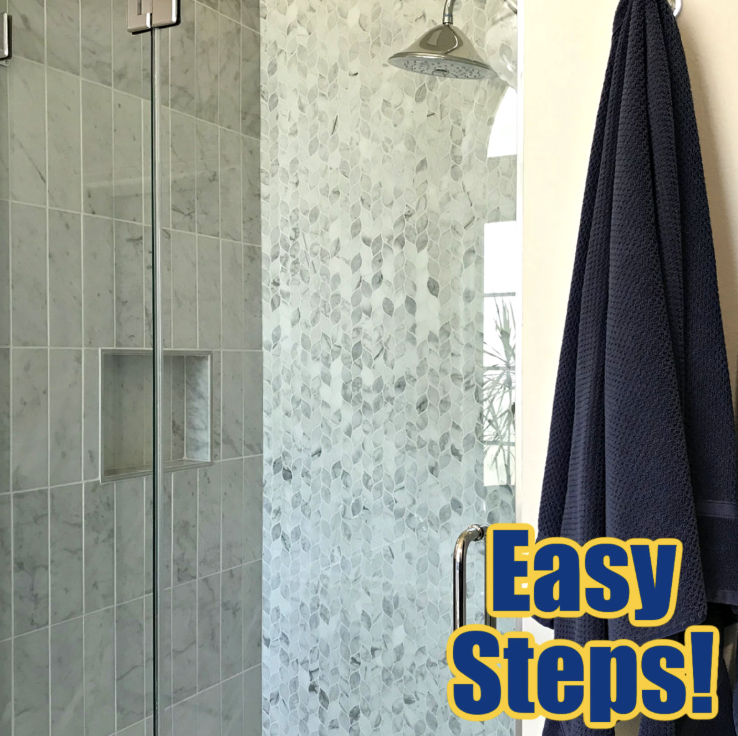Maintaining a spotless bathroom is essential not only for hygiene but also for extending the life of your bathroom fixtures. Over time, soap scum, hard water stains, and grime can accumulate, making your bathroom look dull and uninviting. Whether you have a ceramic toilet, a sleek washbasin, a stylish bathroom cabinet, or a high-tech smart mirror, knowing the right cleaning techniques can make all the difference.
Here are 10 practical and effective cleaning tips to keep your bathroom fixtures looking brand new!
1. Use Baking Soda and Vinegar for Tough Stains
Best for: Ceramic toilets, sinks, and tiles

If your ceramic toilet or washbasin has stubborn stains, a simple mix of baking soda and vinegar can work wonders.
- Sprinkle baking soda over the stained area.
- Pour white vinegar on top, letting it fizz for a few minutes.
- Scrub gently with a soft brush, then rinse with warm water.
This combination helps break down mineral deposits, soap scum, and even mild rust stains.
2. Keep Your Smart Mirror Streak-Free with Microfiber
Best for: Smart mirrors and glass shower doors
Traditional paper towels or regular cloths can leave streaks on your smart mirror. Instead, use a microfiber cloth dampened with water or a mild glass cleaner.

- Spray the cleaner lightly on the mirror.
- Wipe in circular motions with a dry microfiber cloth to avoid water spots.
- For anti-fog smart mirrors, avoid ammonia-based cleaners, as they can damage the coating.
3. Remove Limescale with Lemon Juice
Best for: Faucets, showerheads, and metal hardware
Limescale buildup from hard water can make faucets and showerheads look dull. To remove it naturally:
- Soak a cloth in lemon juice and wrap it around the faucet or showerhead.
- Let it sit for 15–20 minutes.
- Scrub with an old toothbrush and rinse.
Lemon juice not only removes limescale but also leaves a fresh citrus scent in your bathroom!
4. Keep Your Bathroom Cabinets Mold-Free
Best for: Wooden and MDF bathroom cabinets
Moisture buildup can lead to mold inside bathroom cabinets. Prevent it with these steps:
- Wipe the inside of cabinets with a vinegar-water solution (1:1 ratio) once a month.
- Place silica gel packs inside to absorb excess moisture.
- Leave the cabinet doors open for 10–15 minutes after showering to improve air circulation.
For high-gloss or laminate cabinets, use a mild soapy solution and avoid abrasive sponges to prevent scratches.
5. Use Denture Tablets for a Sparkling Toilet Bowl
Best for: Toilets with stubborn stains

If your toilet bowl has persistent rings or stains, try dropping in a few denture cleaning tablets.
- Let them dissolve and sit for at least 30 minutes (or overnight for heavy stains).
- Scrub with a toilet brush and flush.
Denture tablets contain mild abrasives and fizzing action that help break down grime effortlessly.
6. Protect Chrome and Stainless Steel Fixtures with Baby Oil
Best for: Chrome faucets, towel racks, and shower handles
To keep chrome fixtures shiny and resistant to water spots:
- Apply a few drops of baby oil on a soft cloth.
- Buff the surface gently.
- Wipe away excess oil with a dry cloth.
This trick also helps repel fingerprints and smudges, making fixtures look polished for longer.
7. Clean Grout with a Baking Soda Paste
Best for: Bathroom tiles and shower walls
Dirty grout lines can make a bathroom look old and unkempt. To clean them:
- Mix baking soda and water into a thick paste.
- Apply to grout lines and let it sit for 10–15 minutes.
- Scrub with an old toothbrush or a grout brush.
- Rinse thoroughly with water.
For extra whitening, add a few drops of hydrogen peroxide to the paste.
8. Freshen Up Drains with Boiling Water and Baking Soda
Best for: Sink, shower, and bathtub drains
To prevent clogs and eliminate odors in your bathroom drains:
- Pour boiling water down the drain to loosen buildup.
- Add ½ cup of baking soda, followed by 1 cup of vinegar.
- Let it fizz for 10 minutes, then flush with more boiling water.
This method keeps drains free from soap scum and hair clogs without harsh chemicals.
9. Disinfect Toilet Brushes with Bleach
Best for: Toilet cleaning tools
Your toilet brush can harbor bacteria if not cleaned properly. To disinfect:
- Fill a bucket with hot water and add ½ cup of bleach.
- Soak the brush for 30 minutes.
- Rinse thoroughly and let it dry completely before storing.
For daily maintenance, spray the brush with disinfectant after each use.
10. Maintain Shower Curtains and Glass Doors with a Vinegar Rinse
Best for: Preventing mold and soap scum buildup

To keep shower curtains and glass doors clean:
- Mix equal parts vinegar and water in a spray bottle.
- Spray on shower curtains and glass after each shower.
- Wipe down with a squeegee or cloth.
This prevents mold growth and keeps glass doors crystal clear.
Comparison Table: Best Cleaning Methods for Different Fixtures
| Bathroom Fixture | Best Cleaning Method | Key Benefit |
|---|---|---|
| Ceramic Toilet | Baking soda + vinegar | Removes stains, deodorizes |
| Smart Mirror | Microfiber cloth + glass cleaner | Streak-free shine |
| Faucets/Showerheads | Lemon juice | Removes limescale |
| Bathroom Cabinets | Vinegar + silica gel | Prevents mold, absorbs moisture |
| Toilet Bowl | Denture tablets | Deep cleans without scrubbing |
| Chrome Fixtures | Baby oil | Keeps surfaces fingerprint-free |
| Tile Grout | Baking soda paste | Whitens and removes grime |
| Drains | Baking soda + vinegar + boiling water | Clears clogs naturally |
| Toilet Brushes | Bleach soak | Disinfects completely |
| Shower Curtains/Glass | Vinegar spray | Prevents mold & soap scum |
Frequently Asked Questions (FAQs)
1. How often should I clean my bathroom fixtures?
For daily use, wipe down surfaces every 2–3 days. Deep cleaning once a week helps maintain hygiene and prevent buildup.
2. What’s the best way to remove hard water stains from a toilet?
A mix of baking soda, vinegar, and a pumice stone works best for stubborn stains. Let the mixture sit for 30 minutes before scrubbing.
3. How can I keep my smart mirror from fogging up?
Use shaving cream—apply a thin layer, let it sit for a minute, and wipe off with a dry cloth. This prevents fogging for weeks.
4. Can I use vinegar on all bathroom fixtures?
Vinegar is safe for ceramic, glass, and stainless steel but should be avoided on natural stone surfaces like marble and granite.
5. How do I prevent mold in my bathroom?
Keep the space ventilated, wipe down surfaces regularly, and use moisture-absorbing products like silica gel or dehumidifiers.
With these 10 expert cleaning tips, your bathroom fixtures will always look fresh and spotless. Got a cleaning trick of your own? Share it in the comments! 🚿✨
